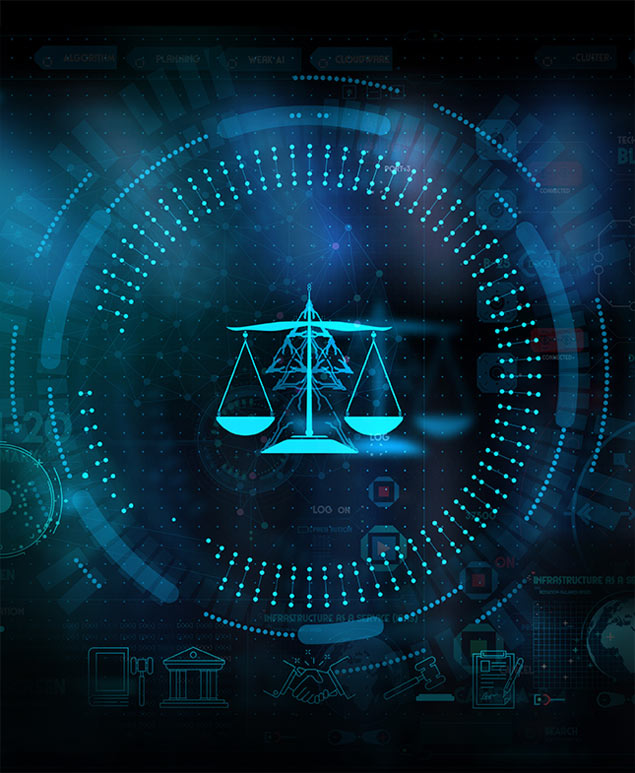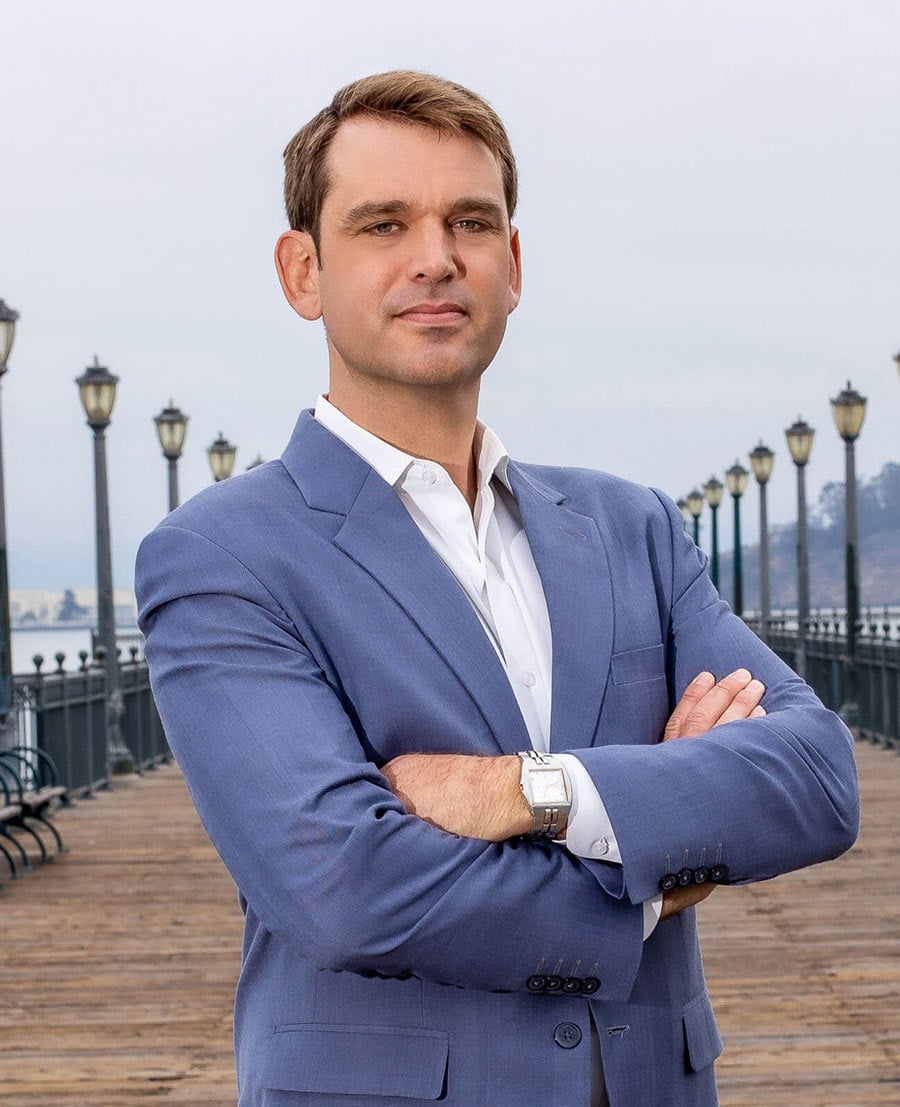The Right Lawyer Makes All The Difference
Hickey & Chung, LLP provides vigilant criminal defense representation at both the state and federal levels.
The Right Lawyer Makes All The Difference
Hickey & Chung, LLP provides vigilant criminal defense representation at both the state and federal levels.
Proudly Serving San Francisco, San Jose, Oakland And Surrounding Areas


Proudly Serving San Francisco, San Jose, Oakland And Surrounding Areas
An Earned Reputation For Legal Excellence
Our attorneys at Hickey & Chung have garnered a reputation for legal excellence. Our dedication to our clients is second-to-none, and we take a team approach to preparing our cases for negotiations, mediations and presenting a powerful, compelling defense at trial. Our lawyers are skilled, passionate and effective attorneys who consistently achieve the best possible results.
Hiring a talented criminal defense attorney who is deeply familiar with the legal territory can help you defend your freedom and save your career or reputation from devastation. Get the right legal team on your side – it makes all the difference.
Defense Representation Tailored To Your Needs
Facing a legal situation in which your freedoms, best interests or professional reputation is at risk can be difficult to face alone. It is important to have an attorney in your corner who understands both how to navigate a charge and the gravity of the circumstances.
At Hickey & Chung, LLP, our attorneys are well-equipped to handle a variety of criminal matters at both the state and federal levels. We will work closely with you to better understand your position, pour the necessary resources into our investigation and tailor an effective defense strategy unique to your best interests.


Partner Naomi Chung
A seasoned litigator selected as a 2023 Northern California Super Lawyers Rising Star in White Collar Criminal Defense, Ms. Chung is a tenacious advocate for individuals and companies facing investigations and enforcement actions brought by federal and state authorities.
Ms. Chung has extensive criminal litigation experience, successfully defending clients across a wide range of matters including wire, health care, visa, and securities fraud, tax evasion, money laundering, bribery, price fixing actions, computer and internet crimes, export control violations, and RICO. She also regularly represents accused students and faculty in Title IX disciplinary proceedings at universities throughout California.


Partner Brendan Hickey
A former federal defender and Harvard Law School graduate, Mr. Hickey’s practice focuses on complex cases and trial work.
In addition to his extensive trial experience, Mr. Hickey has also handled appeals before the California Courts of Appeal and the 9th U.S. Circuit Court of Appeal, successfully vacating prior convictions for his clients in habeas corpus proceedings.
Best Lawyer I’ve Ever Had!
Brendan Hickey was everything I could have asked for in a lawyer…To say he went above and beyond to help me on my case would be a severe understatement. If you are looking for a lawyer to represent you to the fullest extent I would highly recommend Brendan Hickey.
If You Need A Great Attorney, There Is No Need To Look Any Further
Thank You For Everything!
Comprehensive Counsel, Individualized Approach
At Hickey & Chung, we accept a modest caseload in order to place an accentuated emphasis on providing thoughtful advocacy at each step of the legal process. Our attorneys understand the heightened importance and unique nature inherent to criminal investigations. We strive to provide each of our clients with the information, resources and guidance necessary to generate a positive outcome.
When the life you have worked hard to build is in jeopardy, it is critical to turn to an attorney who you can trust. Contact our firm today at 415-484-4547 to work with an attorney who will approach your legal situation with the focus and compassion you deserve.
